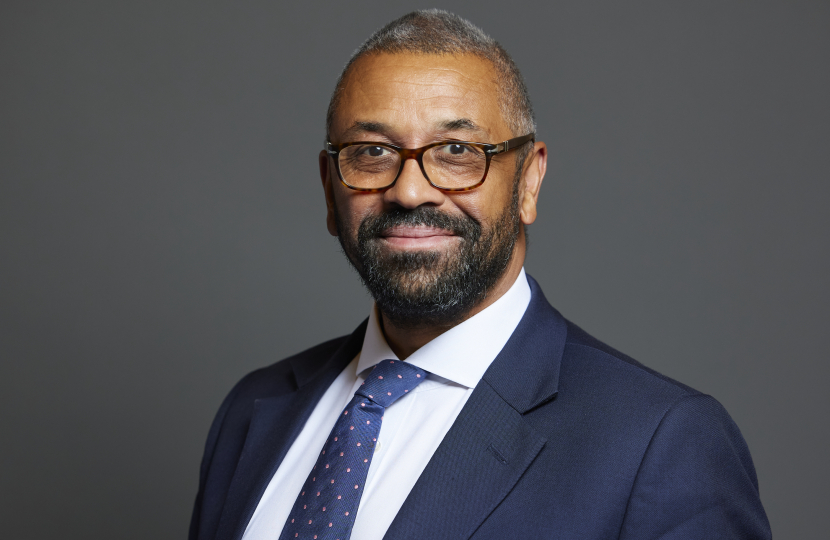
How will you ensure the protection and enhancement of UK food security, support sustainable farming practices, and balance food production needs with environmental commitments and renewable energy installations?
The primary function of farming is food production, we must never forget that.
My default position is that our agricultural land should be used for exactly that. We have been incredibly successful at offshore wind and must do more to support rooftop solar so that we are using our land in the most efficient way possible, whether it’s for housing, energy infrastructure or farming.
More extreme weather will make farming more challenging, so we must continue to support our farmers to produce enough food whilst also rewarding sustainable practices which ensure we reduce emissions. We should also do more to provide new opportunities for UK produce through our international partnerships and enhancing the prominence of agricultural trade in our diplomatic missions.
What specific policies will you implement to support rural communities, in areas such as maintaining broadband and mobile coverage, addressing rural crime, improving rural public transport and banking facilities, and ensuring housing for local residents while preserving rural character and landscape?
I am proud of the work we did to massively increase access to high-speed broadband, but I know this remains a priority for many rural communities and for the CRF. At a time when working and learning from home is becoming more common, rural towns and villages need stable internet and mobile connectivity. Similarly, reliable, and regular transport links can unlock one of the main barriers to those families who wish to live in the countryside, which is why Labour’s reversal of our road and rail projects will be so damaging for opportunities for rural people.
On housing, we need more homes but our towns and villages should not be altered beyond recognition or have homes built without proper services and infrastructure to support their impact. We need to take a leaf out of the Victorian’s book when it comes to building beautiful and ensuring new development is built to last, with community support. New shouldn’t be a bi-word for cheap and ugly and densifying urban spaces should be a principal focus rather than building over rural areas.
As Home Secretary and a rural MP, I know how much organised crime networks impact the rural economy and communities. I would maintain police numbers and always ensure that police resources are not just pushed to urban areas, rural communities deserve proper policing too.
How will you support the economic development of rural areas beyond farming, including initiatives to boost local businesses, enhance public services, and create job opportunities to ensure the vitality and sustainability of rural economies?
Beyond farming, policy should empower our innovators and small businesses, cutting taxes and deregulating where we can. We need improving connectivity, both physical and digital, to support everything from rural tourism to manufacturing and e-commerce.
We need to ensure our planning system supports sensitive housing and infrastructure development. And in certain areas, such as dentistry, schooling or community healthcare, government needs to step in to support rural areas and ensure both the funding and transport networks are sustainable, so rural people are not disadvantaged by reduced services. We need to invest in our rural communities and back them to succeed.
Read what the other leadership contenders had to say.



